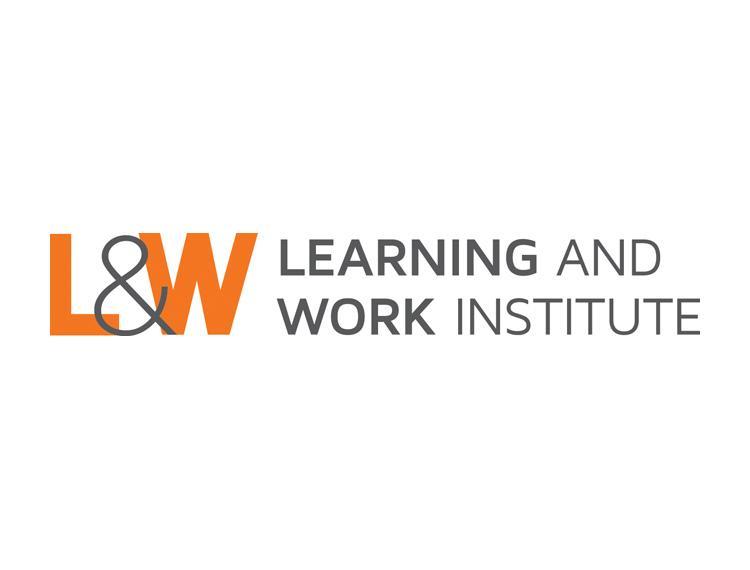House of Lord’s Economic Affairs Committee: Inquiry into the Economics of Higher, Further and Technical Education

The Lord’s Economic Affairs Committee report, published today (11 Jun), “Inquiry into the Economics of Higher, Further and Technical Education” will make for some challenging reading in government. But beneath the headlines there is a lot here to welcome and a lot that Ministers and officials will likely agree with.
It is welcome to see the Lords’ Economic Affairs Committee challenging what it calls the ‘monoculture’ in post-18 education, and the ‘unfair’ funding system that has contributed to steep falls both in adult learning and part-time study. At a time when we’re living and working for longer, with the skills needed for work changing faster than ever, doing nothing is not an option.
We strongly support their call for a new deal in higher education funding and hope that the government’s post-18 review will rise to these challenges.
On apprenticeships, we welcome the committee’s focus on driving up quality and improving access. This echoes calls made by ourselves and a range of leading experts in our All Change report, released last week. As things stand, the government risks missing its apprenticeships target while also missing the point – which must be to deliver a world class, work-based vocational skills offer that meets the needs of the economy, employers and learners.
While we agree with much of the committee’s findings, we would not support at this stage the abolition of the Institute for Apprenticeships. The system has seen near-constant reform over the last decade and the IfA has jobs to do, particularly on standards and end-point assessment. We should focus on getting this right first.
Finally, we strongly support the committee’s calls for full funding for a first Level 3 qualification – for all students, full- or part-time, irrespective of age. Our performance in intermediate skills is among the worst in the OECD, and creating entitlement and opportunity for adults to develop their skills at this level will be good for them, good for business and good for our wider society and economy.
Dr Fiona Aldridge, Assistant Director for Research & Development, Learning and Work Institute.
The UK’s skills profile has long lagged behind comparator countries, with particular weaknesses in basic skills (like literacy and numeracy) and intermediate skills. Out of 34 OECD countries, the UK is 19th for low skills (GCSE equivalent), 24th for intermediate skills (A Level equivalent), and 11th for degree-level skills. Some 9 million adults lack functional literacy and / or numeracy. Participation in learning by adults has fallen in recent years.
As well as overall weaknesses in its skills base, the UK also has a stronger link than many countries between the educational attainment of parents and their children. Put simply, your chances of achieving in education are highly correlated with how your parents did.
Learning and Work Institute have highlighted the profound consequences of this for:
- Economic prosperity. There is a clear link between skills and productivity, the ultimate driver of economic growth. The UK’s productivity is lower than many other countries and has flatlined over the last decade, in part held back by poor skills;
- Social justice. Life chances are more closely linked to your family background than in other countries. Educational inequalities are a key part of this; and
- Engaged citizens, health and wellbeing. People engaged in learning are more likely to be active citizens (for example, to vote), and participation in learning is associated with increased health, wellbeing and financial capability.
Learning and Work Institute’s submission of evidence and the report are available to read here:











Responses